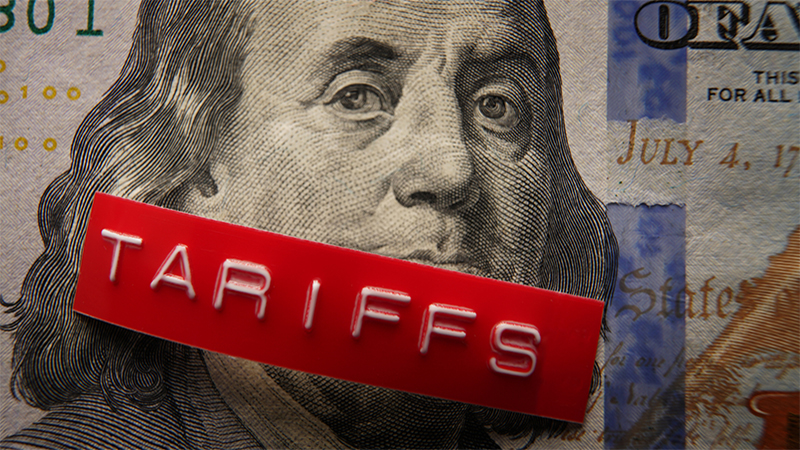In his February outlook, Hoey said the global growth of GDP will outpace that of the last three years because of much lower oil prices, the avoidance of special drags on the world economy and continuing easy monetary policies from central banks.
“Recent currency trends should support global growth,” said Hoey. “There should be a boost to export competitiveness in such economically weak regions as Europe and Japan, due to sharp declines in their currencies.
“These currency declines have coincided with a sharp drop in oil prices. As a result, they are more likely to have cyclically-appropriate anti-deflationary effects than to generate excess inflation.”
Among the drags identified by Hoey and which he said are “unlikely to be repeated” are the weather-impacted decline in US GDP in the first quarter of 2014 and the Japanese recession in the middle two quarters of 2014 due to the rise in the value-added tax.
Hoey added that in recent weeks there had been monetary policy easing moves from the European Central Bank, the Swiss National Bank, the Bank of Canada, the National Bank of Denmark, Norway’s Norges Bank, the Central Bank of the Republic of Turkey, the Central Reserve Bank of Peru, the Reserve Bank of India, and the Central Bank of Egypt, among others.
The chief economist noted the recovery in global growth has been more sluggish in this cycle than in past recoveries. Hoey explained that, despite the aggressive use of credit to finance the leveraged purchase of existing assets, the appetite to use credit to finance increased current spending “has been restrained until now in many countries”.
While Hoey said there are tailwinds to economic growth from inexpensive energy which is likely to last for some time and the accommodative monetary policies, he points to a number of factors that could moderate the expansion in global GDP.
These restraints include a downward shift to lower trend growth in China. Hoey explained that China engineered a domestic credit boom half a decade ago to limit the impact of the global financial crisis and global recession on its economy. However, he said the hangover from that “credit boom” is now contributing to a slowdown in the growth rate of China.
“The slowdown is occurring just as there is a demographic inflection point to slower growth in the Chinese labor force.
“We believe that the outlook for the Chinese economy is a downward shift to slower trend growth rather than a hard landing.”
Another challenge to growth cited by Hoey is the decline in the global trade multiplier. Before the financial crisis, global trade grew faster than GDP, but that does not appear to be the case now.
“As emerging markets are now becoming more dependent on domestic demand growth, the global trade multiplier has shifted down, with global trade and the global economy both growing at about the same pace,” he said.










